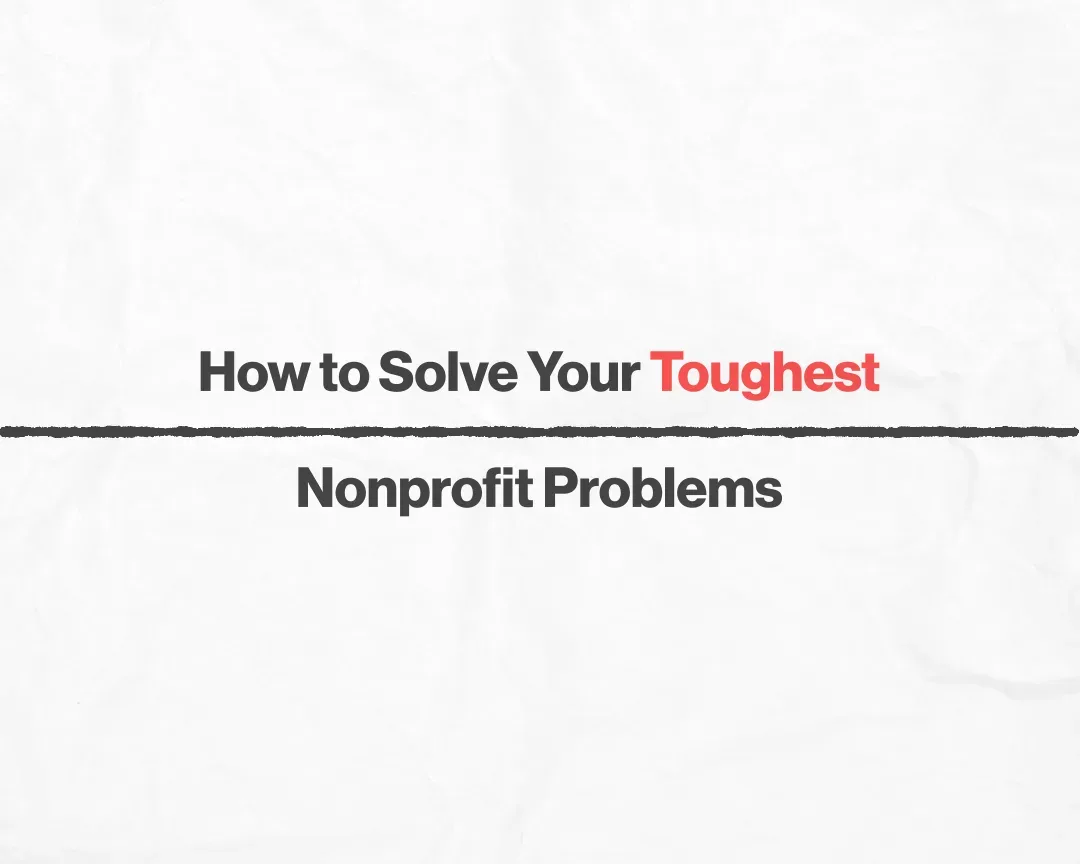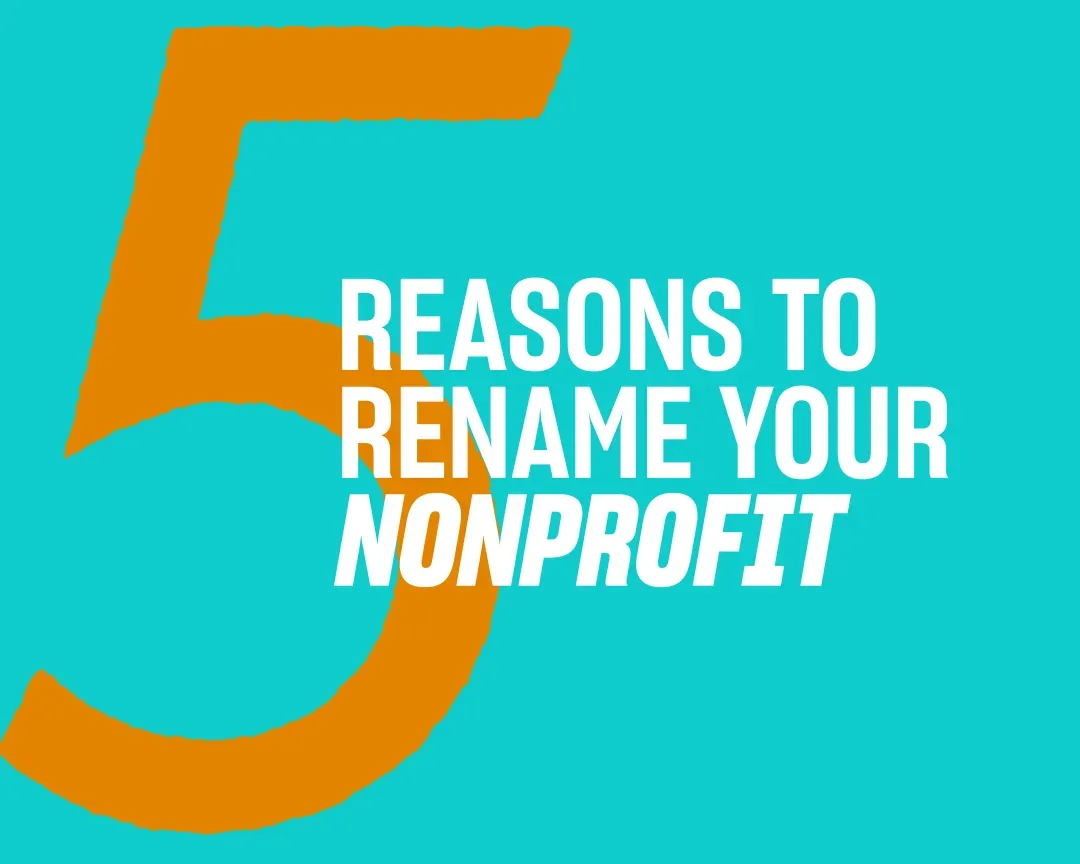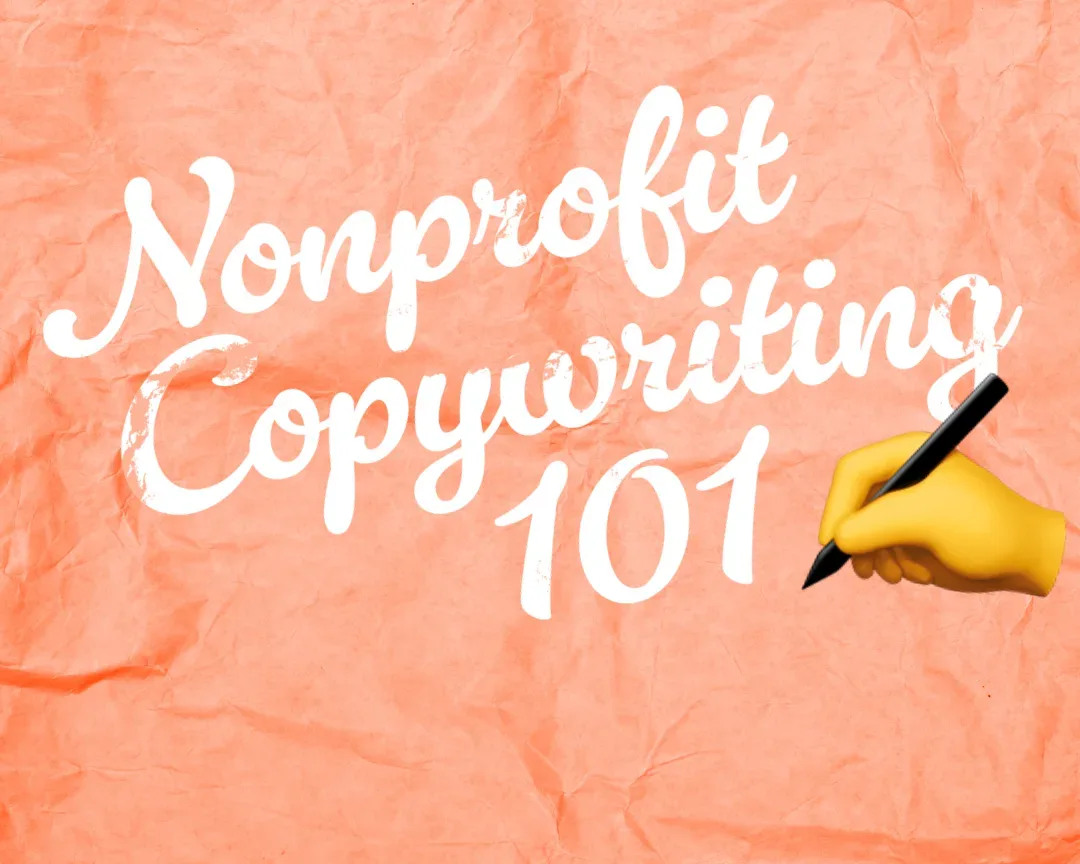Writing a book is a labor of love. Emphasis on labor. You’ve put so much time and energy into it with the hopes that it’ll ultimately help you further the goals of your organization.
We get it. Success in publishing can be tricky. It isn’t enough to want to make the world a better place—you need momentum, and that’s where your brand comes in.

How Does My Brand Influence Marketing My Book?
At Historic, we believe that your brand is the sum total of your culture, story, customer experience, and identity. Your brand is your reputation, and an essential tool for success. Think of any huge corporation, from Starbucks to Apple to Walmart. Everyone has an opinion of these companies, whether good or bad, and those opinions can either help or hurt the company.
The same is true when you’re marketing your book. Whether you self-publish or have a whole PR team behind you, the goal is the same: to make your current and future audience care about what you have to say enough to make them want to buy what you write. Your organization depends on these goals too, and your book is an extension of that. You want to be relatable, trustworthy, and interesting to your audience, which is why it’s important to let your brand represent you everywhere, from the book’s cover to your social media to your website.
Book Branding Strategies
So, how exactly do you form your book’s brand? Here are some important things to consider.
- What Makes You an Expert: Your convictions, knowledge, and experience are unique to you, and your brand should reflect that. Once you define what makes you an expert, your audience will trust your authority.
- Your Aesthetic Style: People are visual; anyone who sees your book will form an initial impression, for better or for worse. Your choice of colors, fonts, and images should set a specific tone that matches what the book is about. It’s also important to use a unified style on the book jacket, social media cover images and posts, digital ads, website, and any printed materials to provide subtle cues that help people connect the book visually across platforms. Make sure your aesthetic style matches the message in your book and that all of your communication channels are unified in that message.
- Voice and Tone: Your book’s voice and tone should match or in some way be connected to how you communicate on social media, your website, and emails. Additionally, people reading your book will want to connect with you personally. Provide opportunities for readers to reach out through the ways you communicate on other channels outside your book.
- Book Cover: There’s a lot of information out there about cover design. It all ultimately boils down to this: be sure to stand out from the crowd, but also be clear at the same time. Remember that your book’s design will inform other products, services, and marketing/communication channels, so it’s important that it fits within your particular aesthetic style.
- Headshot: Your readers will crave a personal connection with you. A picture is essential for your book jacket and biography, but one isn’t enough in the digital age. Plan on doing multiple photoshoots for social media and other marketing efforts. Showcase your personality and what makes you an expert in these photos.
- Media Kit: As an author, you’ll need a press kit for anyone reviewing or talking about your book. This includes information about you like your bio, headshot, a press release, short synopsis of your book, and your contact information. Sample questions are also great to include. Your media kit should be available online or as a downloadable PDF.
- Cross-Platform Campaigns: You want your target audience to be able to find your book no matter where they might be. That’s why a multi-channel campaign is essential for momentum and creating the widest reach. We recommend marketing your book through emails, digital ads, a dedicated website, social media, and direct mail. Your book’s website should focus on users taking action—pre-ordering your book, signing on for updates, joining a launch team, or connecting with you on social media. These actions create connections and help generate buzz for your book.
Thinking about all the aspects of branding can seem complicated, but in the long run, they’re essential for creating loyal customers that’ll want to read everything you write. Your reputation as an author is what will ultimately make you successful, so spending time on branding your book is something that can’t be glossed over.












